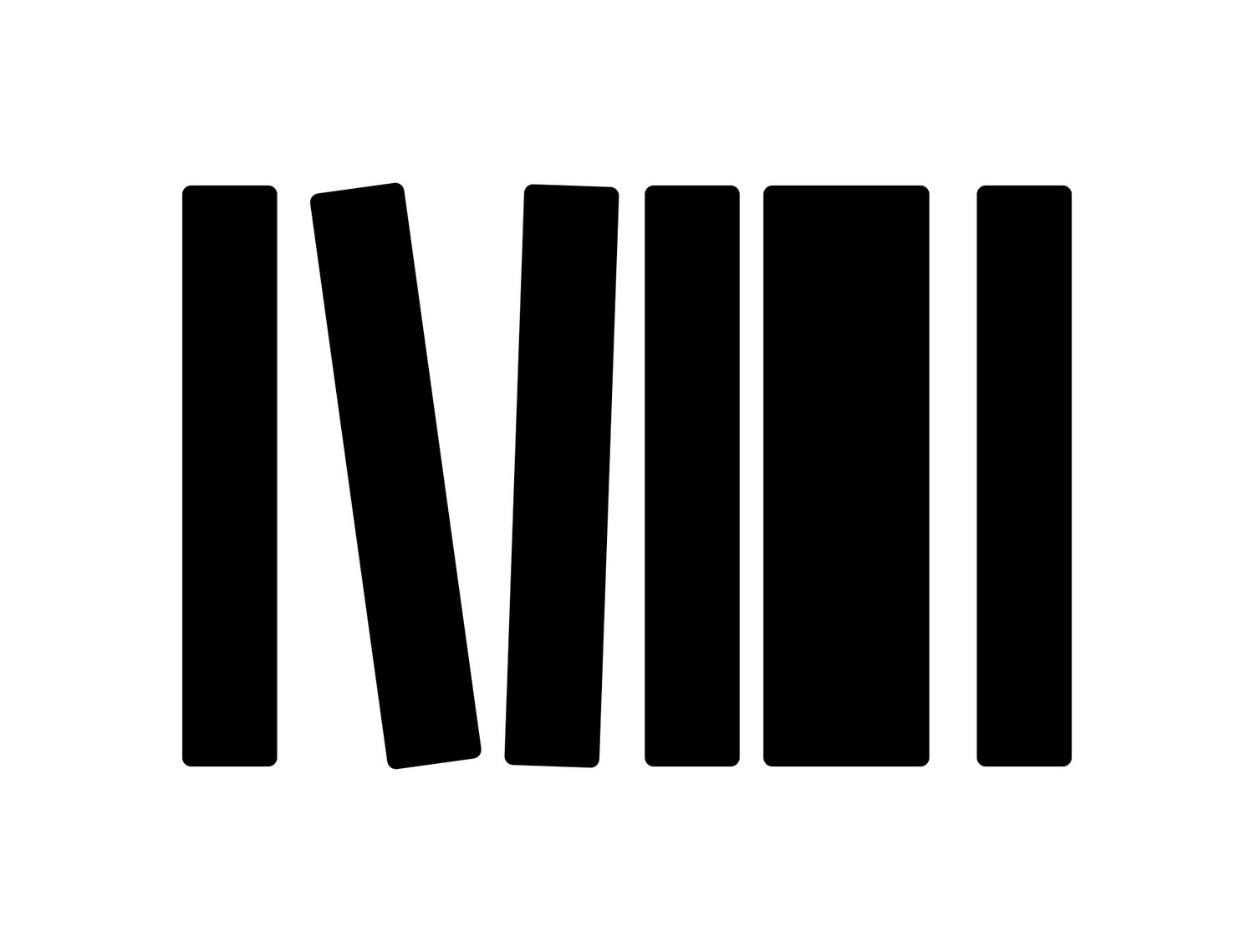This folio acquired by Henry Walters depicts a reception with a poet Hafez (circa 1325-circa 1389) via Wikimedia Commons.
BY BEENISH AHMED
Given the prevalence of queer perspectives and homosexual references by poets like Bulleh Shah and Rumi who are often revered as saints, it’s hugely ironic that LGBTQ Muslims around the world struggle to live out their sexual and gender identities.
On some level, many Muslims accept that there was a deep love expressed from one man to another—few women wrote this sort of poetry—in Islamic mysticism. Many, including some in Rumi’s order, however, claim that the love between he and Shams Tabrizi was merely a “spiritual love.” Similar arguments have been made about other Islamic mystical poets, even though homosexual relationships and all male brothels were common across Central and South Asia.
The long history of same-sex love among Islamic mystics, is, according to Hamza Zafar, a professor of Near Eastern Languages and Civilization at the University of Washington, “definitely being effaced.” And surprisingly, he added, “It’s not being effaced by the orthodox, right-wing, mullahs.”
Read the rest of this article for OUT Magazine on how an embrace of LGBT identities in Islamic mystical poetry has helped some queer Muslims find peace.


